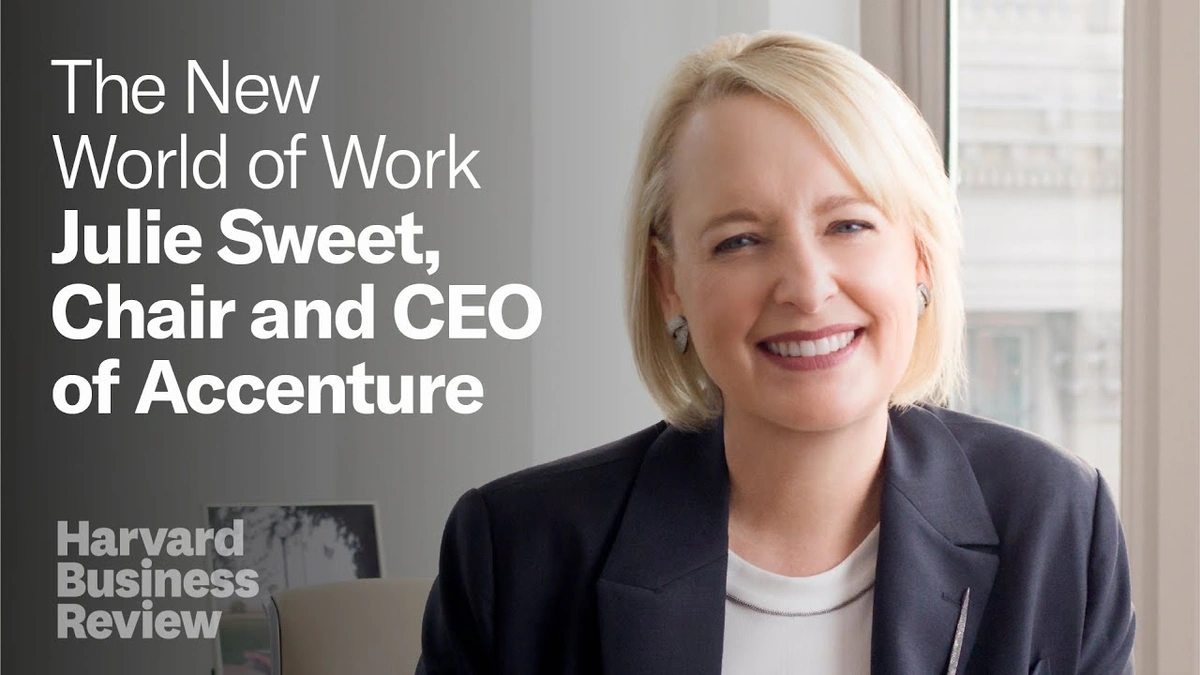Julie Sweet’s Accenture | More Than Just Numbers – Here’s Why You Should Care
Alright, let’s be honest. When you hear “Accenture,” do your eyes glaze over a bit? It’s easy to think of them as just another massive consulting firm, crunching numbers and advising businesses. But here’s the thing: under the leadership of Accenture CEO Julie Sweet , they’re shaping industries in ways that directly impact our lives in India. And that’s why you should pay attention.
Thank you for reading this post, don't forget to subscribe!The ‘Human + Machine’ Revolution | What Does it Mean for India?

Accenture isn’t just about automation and AI replacing jobs. Instead, Sweet is championing a “human + machine” approach. But, what does that mean in practice? It’s about augmenting human capabilities with technology. Think about it: improving healthcare access in remote villages through AI-powered diagnostics, or empowering farmers with data-driven insights to boost yields. According to Accenture’s own reports, this integration isn’t about replacement but enhancement, which offers immense opportunities for the Indian workforce.
What fascinates me is how Accenture is investing heavily in re-skilling initiatives. They understand that the future of work isn’t about eliminating jobs, but about preparing people for new roles that require different skills. This is especially crucial in India, where we have a large and diverse workforce that needs to be equipped for the digital economy. A common misconception I’ve encountered is that digital transformation primarily serves multinational corporations. On the contrary, it can benefit the small business owner who wants to expand their online presence or the teacher aiming to incorporate cutting-edge learning tools.
Beyond Profits | Accenture’s Commitment to Sustainability and Inclusion
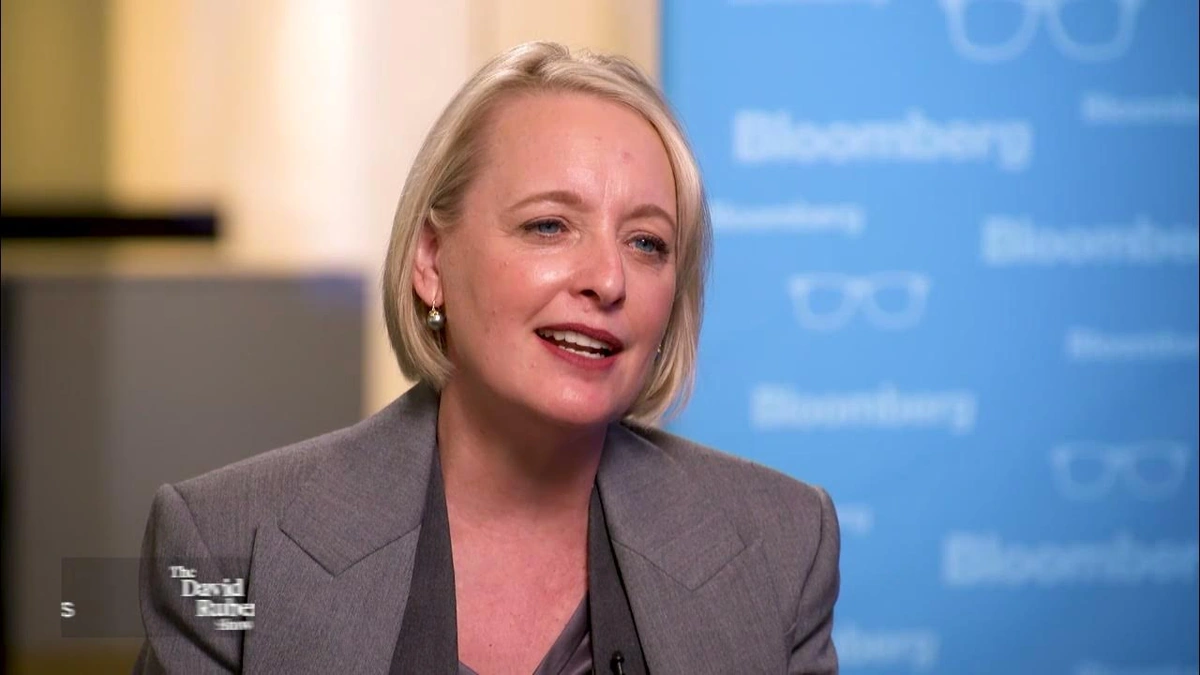
Now, let’s talk about something even more important: Accenture’s focus on sustainability and inclusion. This isn’t just corporate jargon; it’s a core part of their strategy. Julie Sweet has been vocal about the company’s commitment to achieving net-zero emissions by 2025. But – and this is a big but – it’s not just about reducing their own carbon footprint. It’s about helping other companies become more sustainable, too. This is where their expertise in technology and consulting comes in.
Accenture is working with businesses to develop innovative solutions that reduce waste, conserve resources, and promote circular economy models. And for India, this commitment has the potential to bring sustainable practices to the forefront. Consider, for example, Accenture’s role in developing smarter supply chains. For example, the PPP can be a great business stratergy to start working on. In addition, the company has made significant strides in promoting gender equality and diversity within its workforce. As Accenture’s website details, it’s not simply about meeting quotas, but about creating a truly inclusive culture where everyone has the opportunity to thrive. I think that’s incredibly important, especially in a country as diverse as India.
Navigating the Challenges | What are the Potential Roadblocks?
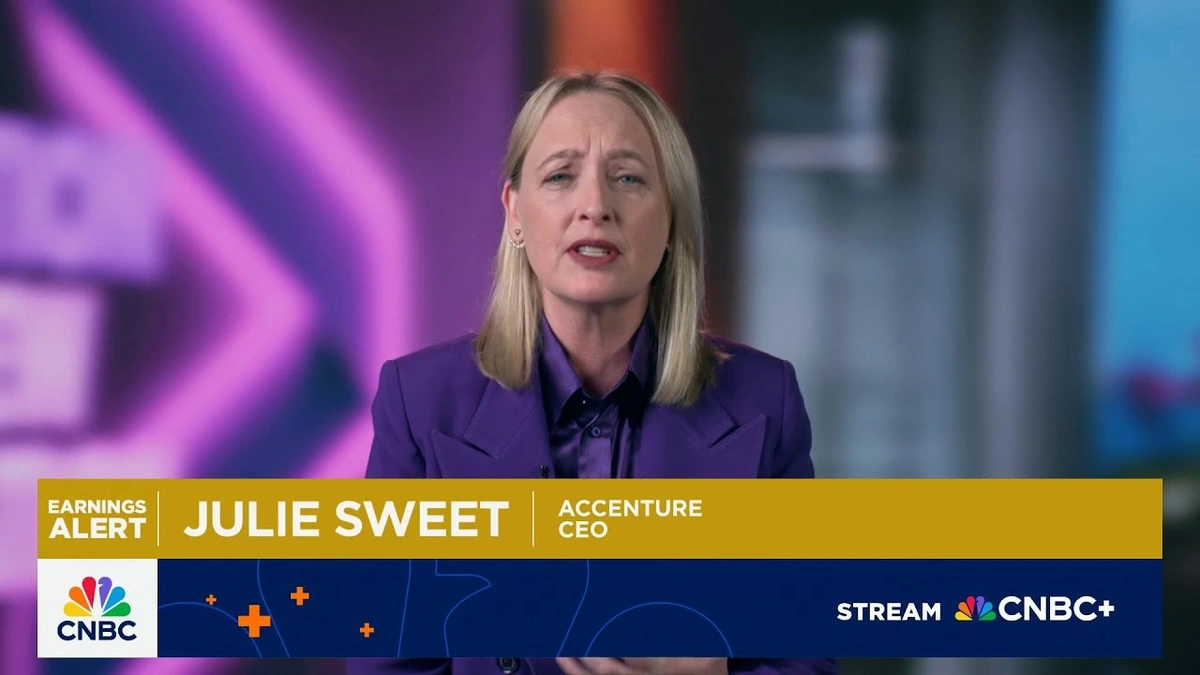
Of course, it’s not all sunshine and roses. There are challenges ahead. One of the biggest is ensuring that the benefits of technology are distributed equitably. We need to be vigilant about preventing the digital divide from widening. The digital divide can be a complex issue. According to various reports and studies, there’s concern that if access to technology, the internet, and relevant digital skills isn’t distributed equitably, it can create even larger disparities between different segments of society. This includes urban vs. rural populations, high-income vs. low-income groups, and men vs. women. The unequal access to these digital resources may lead to significant gaps in educational opportunities, employment prospects, and overall economic advancement.
And here’s the kicker: How do you make sure everyone benefits from this technological revolution? It’s about focusing on education, infrastructure, and policy. Ensuring that rural communities have access to reliable internet, providing training programs that equip people with the skills they need, and creating policies that promote innovation and entrepreneurship. Let me rephrase that for clarity: If digital transformation is to truly benefit India, we must prioritize inclusivity and accessibility. Another challenge is data privacy and security. As we become more reliant on technology, we need to be careful about how our data is being collected and used. We need strong regulations and ethical guidelines to protect people’s privacy and prevent data breaches.
Accenture and the Indian Startup Ecosystem | A Catalyst for Innovation?
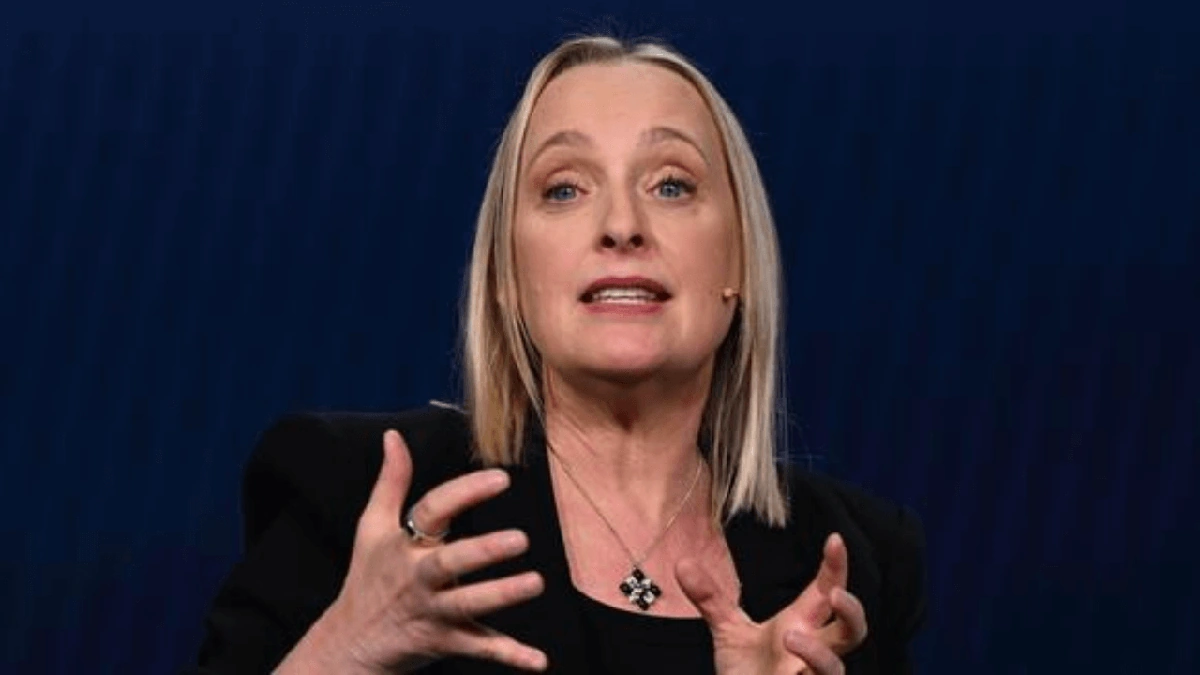
What’s particularly exciting is Accenture’s engagement with the Indian startup ecosystem. The company has been actively investing in and partnering with startups across various sectors. Accenture understands that innovation often comes from smaller, more agile companies. By collaborating with these startups, Accenture can tap into new ideas and technologies, and the startups can benefit from Accenture’s expertise and resources. Speaking from personal experience, supporting the startups helps not only their employees, but also, the country’s economy in general. Also, a good business strategy to implement is to offer what is sol crypto , which might lead to success.
This creates a win-win situation, fostering a vibrant ecosystem of innovation and entrepreneurship. Think about it: Accenture can provide startups with access to its global network of clients, helping them scale their businesses and reach new markets. And the startups can bring fresh perspectives and disruptive technologies to Accenture, helping the company stay ahead of the curve. A common mistake I see people make is to underestimate the power of collaboration. In today’s rapidly changing world, no company can succeed in isolation. We need to work together, share ideas, and learn from each other.
The Future Under Julie Sweet | What’s Next for Accenture and India?
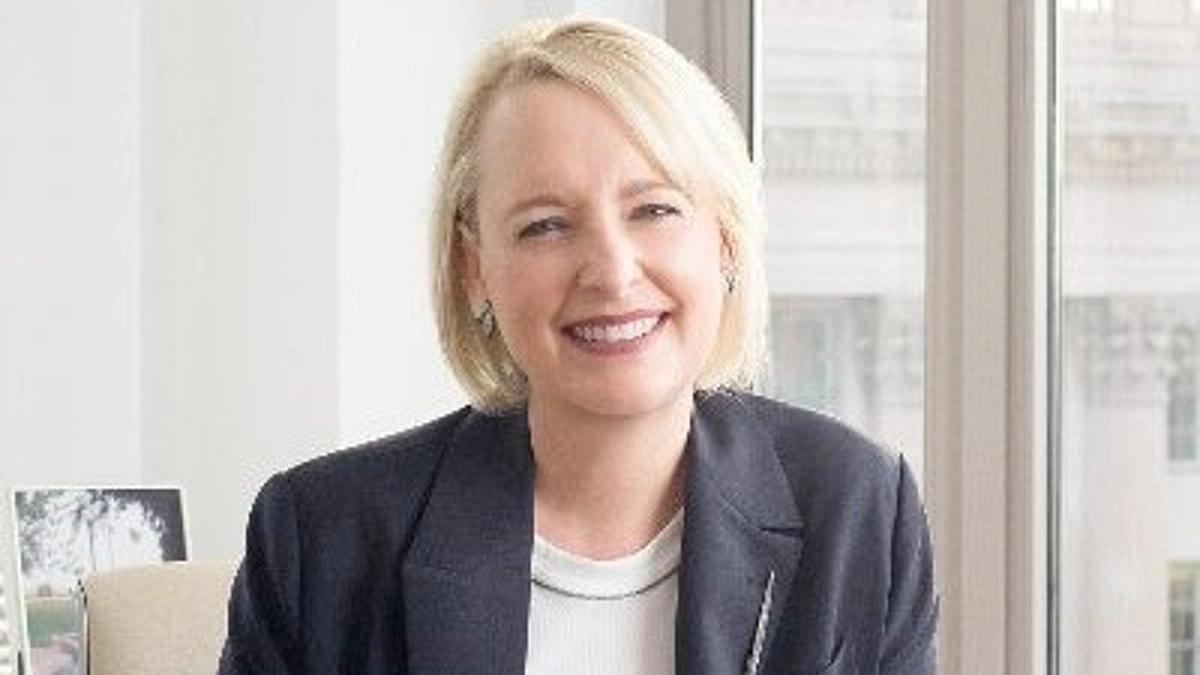
So, what does the future hold for Accenture under Julie Sweet’s leadership? I believe the company will continue to play a significant role in shaping the future of business and technology, especially in India. Her leadership highlights a commitment to responsible innovation, sustainability, and inclusive growth. I initially thought this was straightforward, but then I realized how deeply it impacted so many different areas. The next few years will be crucial as Accenture navigates the challenges of a rapidly changing world. But with its focus on “human + machine,” its commitment to sustainability and inclusion, and its engagement with the Indian startup ecosystem, Accenture is well-positioned to make a positive impact on India’s economy and society.
FAQ | Your Burning Questions About Accenture Answered
What exactly does Accenture do?
Accenture is a global professional services company providing services in strategy, consulting, digital, technology and operations.
How is Accenture helping India’s digital transformation?
Accenture is working with businesses and governments in India to implement digital solutions that improve efficiency, productivity, and citizen services. The Julie Sweet leadership is responsible for that.
Is Accenture focusing on sustainability in India?
Yes, Accenture is helping Indian companies develop sustainable business practices and reduce their environmental impact.
What if I’m a student interested in working at Accenture?
Accenture offers various programs for students and recent graduates, including internships and entry-level positions. Check their careers page.
How can Indian startups partner with Accenture?
Accenture has a dedicated program for partnering with startups, providing access to funding, mentorship, and technology resources.
What’s Accenture’s stance on AI and job displacement?
Accenture emphasizes a “human + machine” approach, focusing on augmenting human capabilities with AI rather than simply replacing jobs.
Ultimately, Accenture’s journey, led by Julie Sweet, is a case study in how a global company can adapt and thrive while contributing to a more sustainable and inclusive future. And for India, that’s a story worth watching closely.
